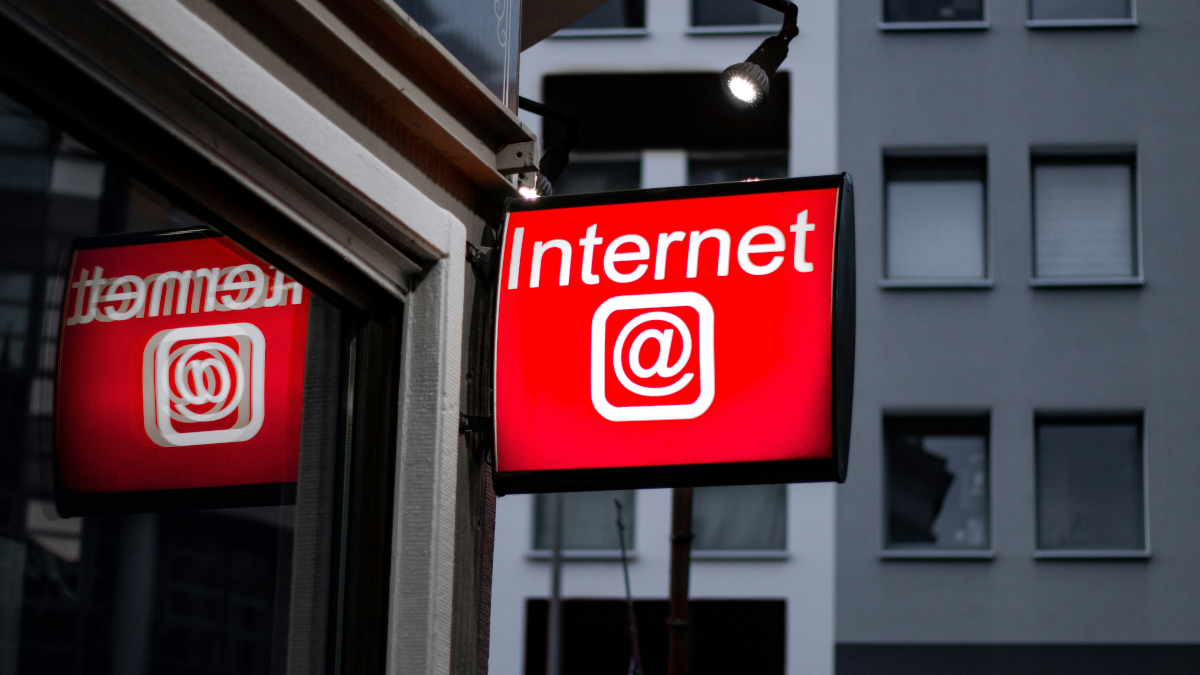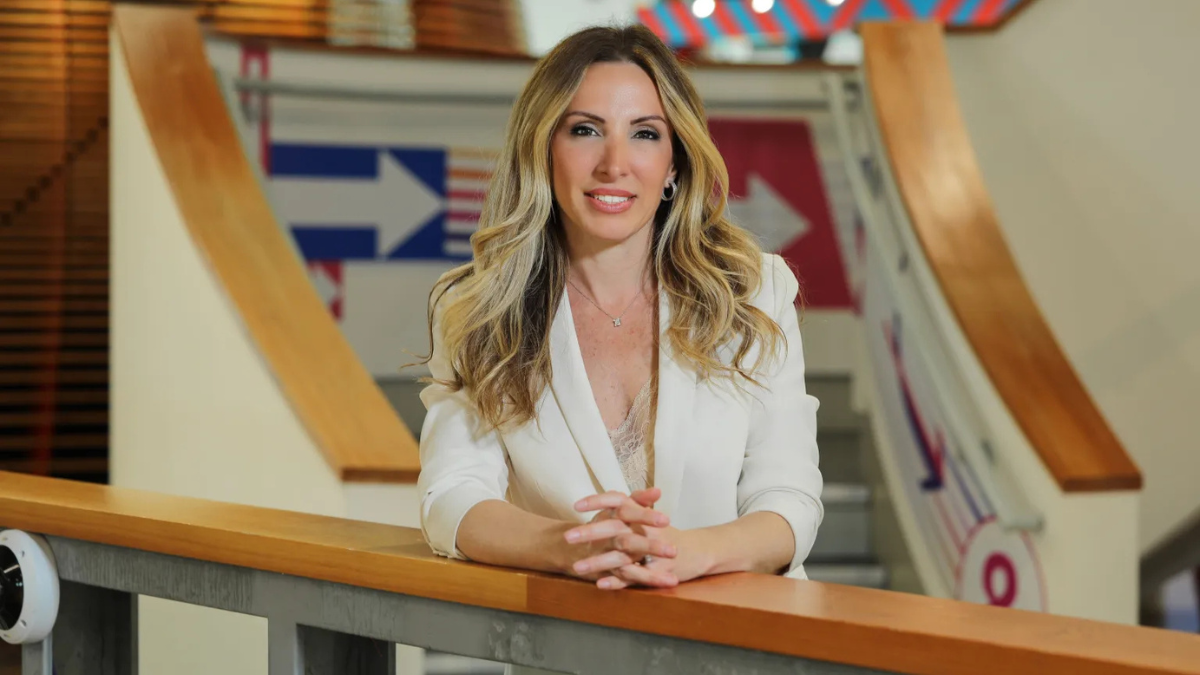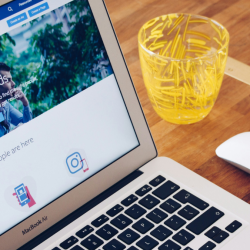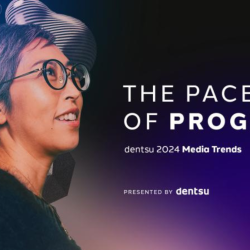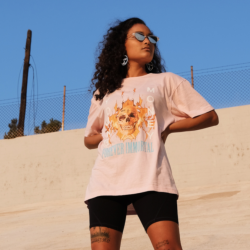Every couple of years the start-up world appears to adopt a new popular domain name. Some years ago, in what can be classified as the ‘era of SaaS start-ups,’ a majority of the newly-launched companies appeared to use the .io domain name. Today, the hype around artificial intelligence and AI-based technologies has led to a surge in .ai domains. MediaCat Magazine sat down with Identity Digital CMO Rachel Sterling to discuss what the trends around popular domain names mean for the business world, how brands are using unique domain names to differentiate, and the company’s future plans and upcoming partnerships.
Can you briefly explain what Identity Digital does?
Identity Digital is an internet infrastructure company that makes sure web addresses work seamlessly. If we do our job right, we are invisible to the user. We have the world’s largest portfolio of nearly 300 top-level domains (TLDs), including .info, .pro, .world, and .live, and support over 28 million domains on our innovative registry services platform. Our primary goal is to empower business owners and individuals to create their own unique digital identities. With so many different TLDs to choose from, everyone can express what’s unique about their business from the very first impression.
What does the popularity of certain domain names tell us about the current trends in the start-up world?
New web addresses allow brands and entrepreneurs to express what is unique to their brand. The domain names look different from the typical URL, standing out more, and they can be more specific and personalised. They can also indicate being forward thinking or on the cutting-edge. The popularity of certain domain names can tell us about trends in the branding and marketing of products and services. For example, .AI domain name registrations have grown 400% in the last five years as more brands develop products centred around AI technology. The .pro domain name is being used by technology and creative entrepreneurs who want to be recognised as experienced experts in their chosen field. And .world web addresses are being used by start-ups, studios and brands with ambitions to offer games or franchises with immersive experiences.
What about bigger brands? How do they use domain names to signal where the company is going?
Corporations are also using new web addresses in a number of ways. Brands utilise multiple domain names to personalise and customise different areas of their business. An example of this is seen with Amazon.jobs and Amazon.science — two sites that serve as subsets of the Amazon brand offering customers a look into Amazon’s career openings and latest scientific research. Businesses can also leverage the memorable nature of a domain name to create short, meaningful web addresses for promotional campaigns that redirect to a page on their main website. For example, Vogue uses Vogue.world to promote its Vogue World event.
Lastly, new web addresses are also used to redirect customers to a different web page. For example Disney uses disneyland.travel to redirect customers here. This site takes customers directly to the information they need for purchasing park tickets, booking hotels and more.
How are younger generations using domain names to make their businesses stand out?
Gen Z consumers value authenticity and transparency. They are using new web addresses to showcase their values in a modern, forward-thinking approach. Adopting unique domain names is helping brands better position themselves as innovative and culturally aware, which in turn builds trust and loyalty. There’s also a growing trend of younger generations wanting to truly ‘own’ their digital identity.
In today’s world, everyone is a creator of content. Whether it’s through website development, social media, or other avenues, brands (and individuals) are looking for new ways to meet their creative user wherever they are online. Domain names are giving these generations back control of their online identity from one centralised location.
Identity Digital has partnered with the Government of Anguilla to expand the domain name .ai, through which the country is bringing in considerable revenue. Can you talk a little bit about how this partnership came to be and what it hopes to accomplish?
As the .AI domain becomes the dominant form of online presence for the next generation of technology, our partnership with the Government of Anguilla will bring security and stability to the .AI domain. With the exponential growth of .AI, Identity Digital’s industry-leading and scalable platform will ensure resiliency and trust in the stewardship of the .AI domain. TLDs such as .AI are a part of critical global infrastructure. Businesses, organisations, and individuals worldwide depend upon companies powered by .AI to solve problems, cure diseases and streamline economies. Our goal is to ensure business continuity, enhance risk management and future-proof infrastructure solutions with sophisticated AI and ML capabilities.
Can we expect to see similar partnerships from Identity Digital in the near future?
Yes, we continue to explore similar partnerships. Our platform operates on systems throughout the world, and we manage many global ccTLDs. Our goals are to continue building innovative technology and operational solutions, identifying partnership opportunities to bring TLDs to the market, helping organisations navigate the complexities of the domain industry and educating people about the value of descriptive domains.
Featured image: Leon Seibert / Unsplash


















